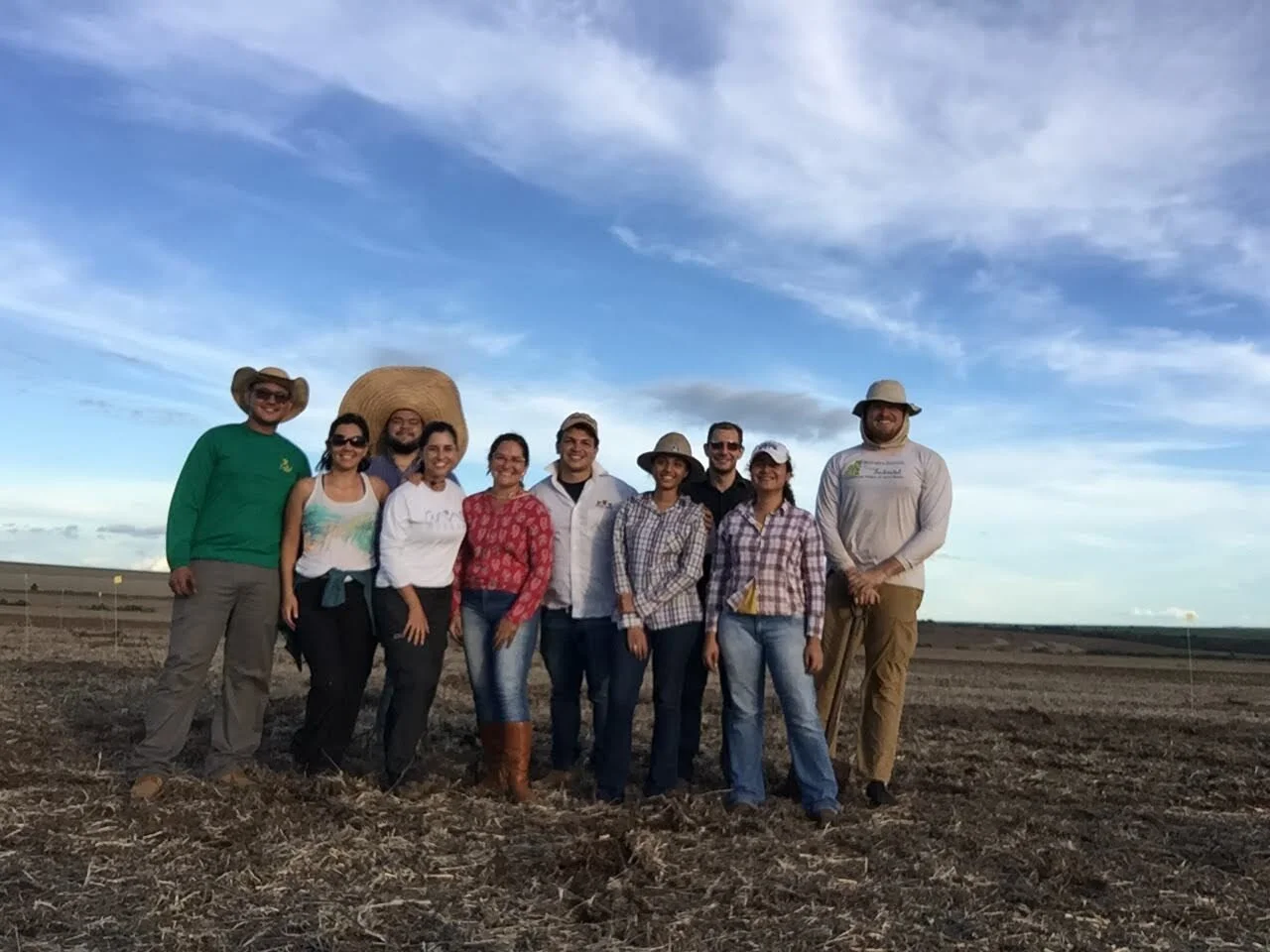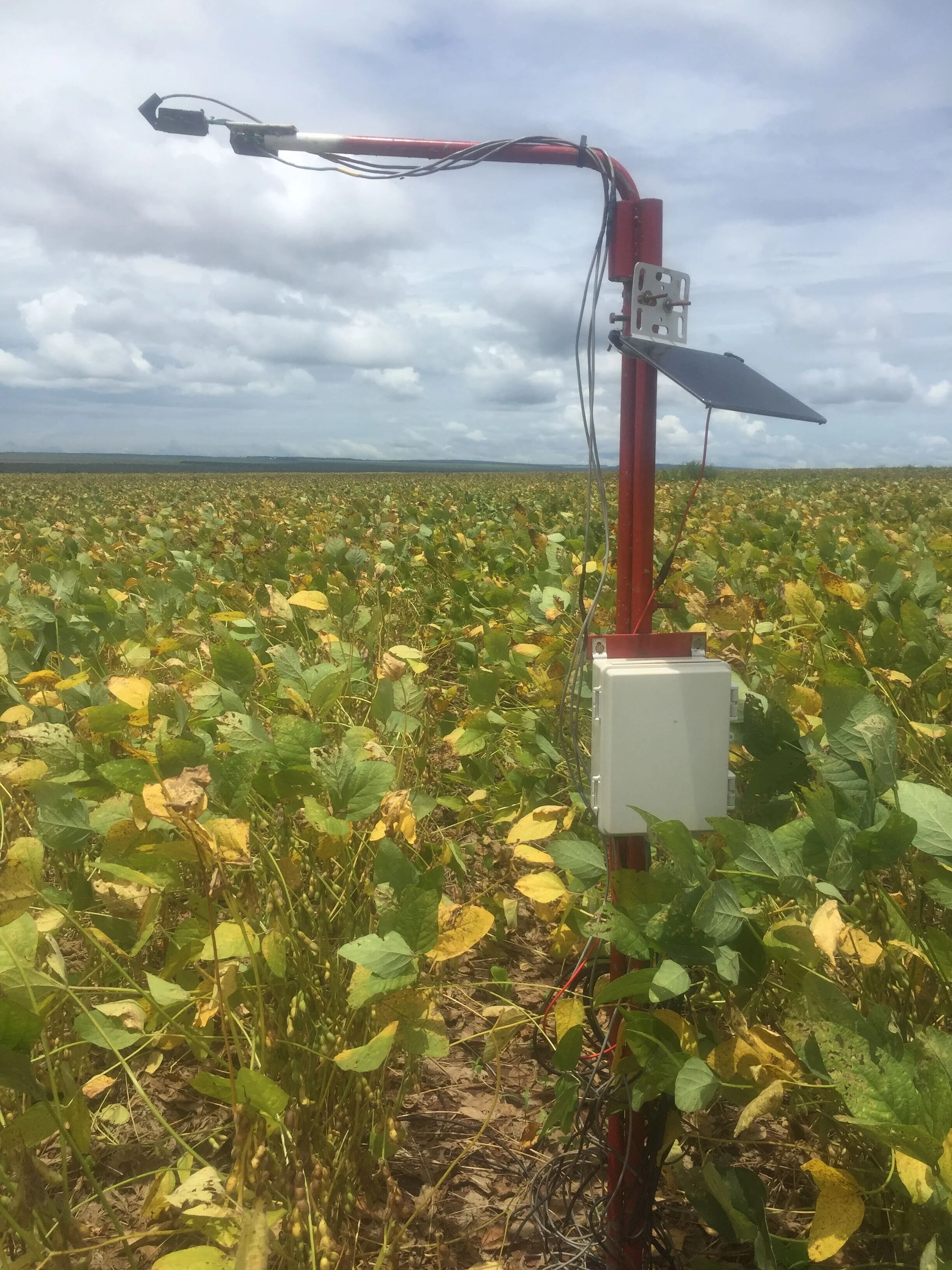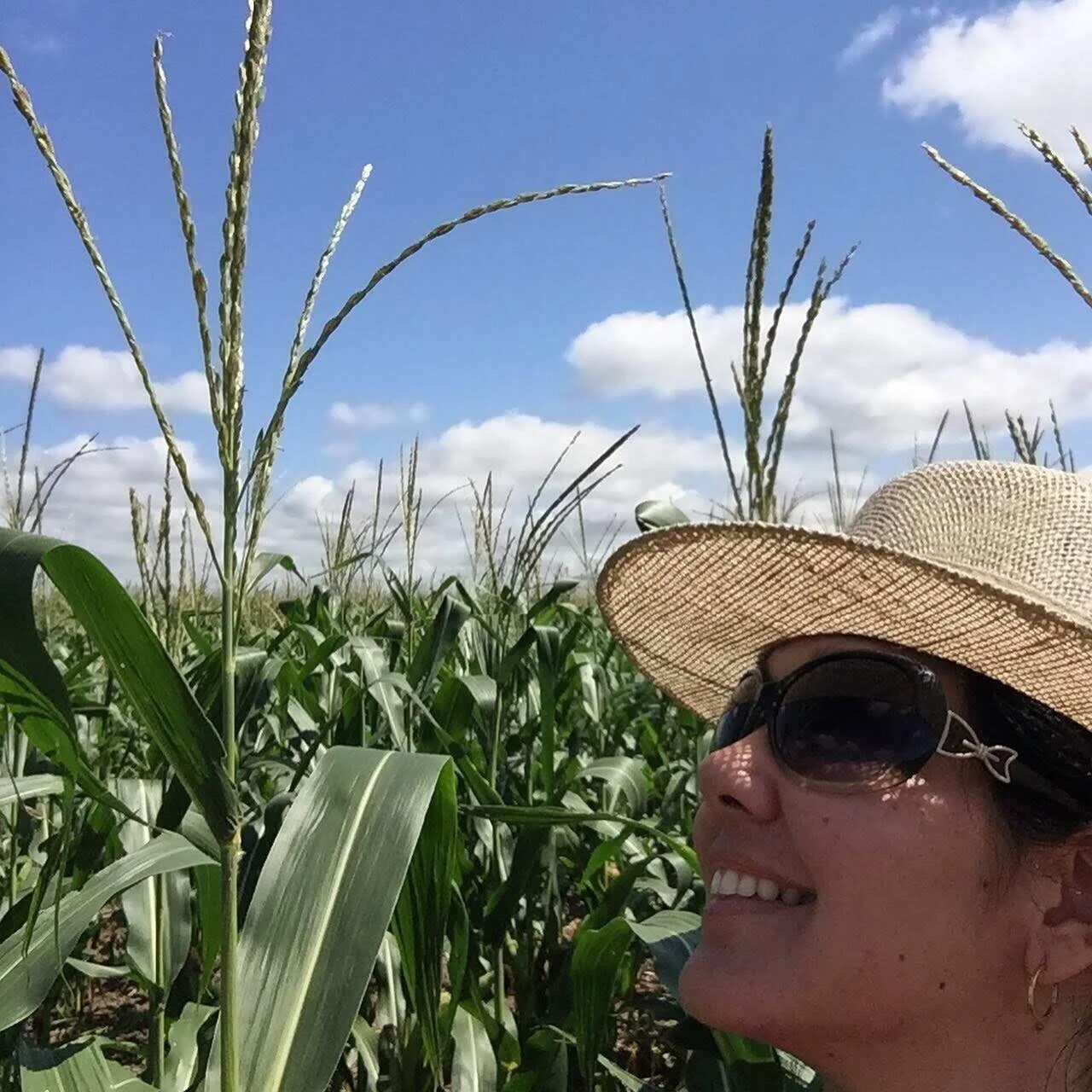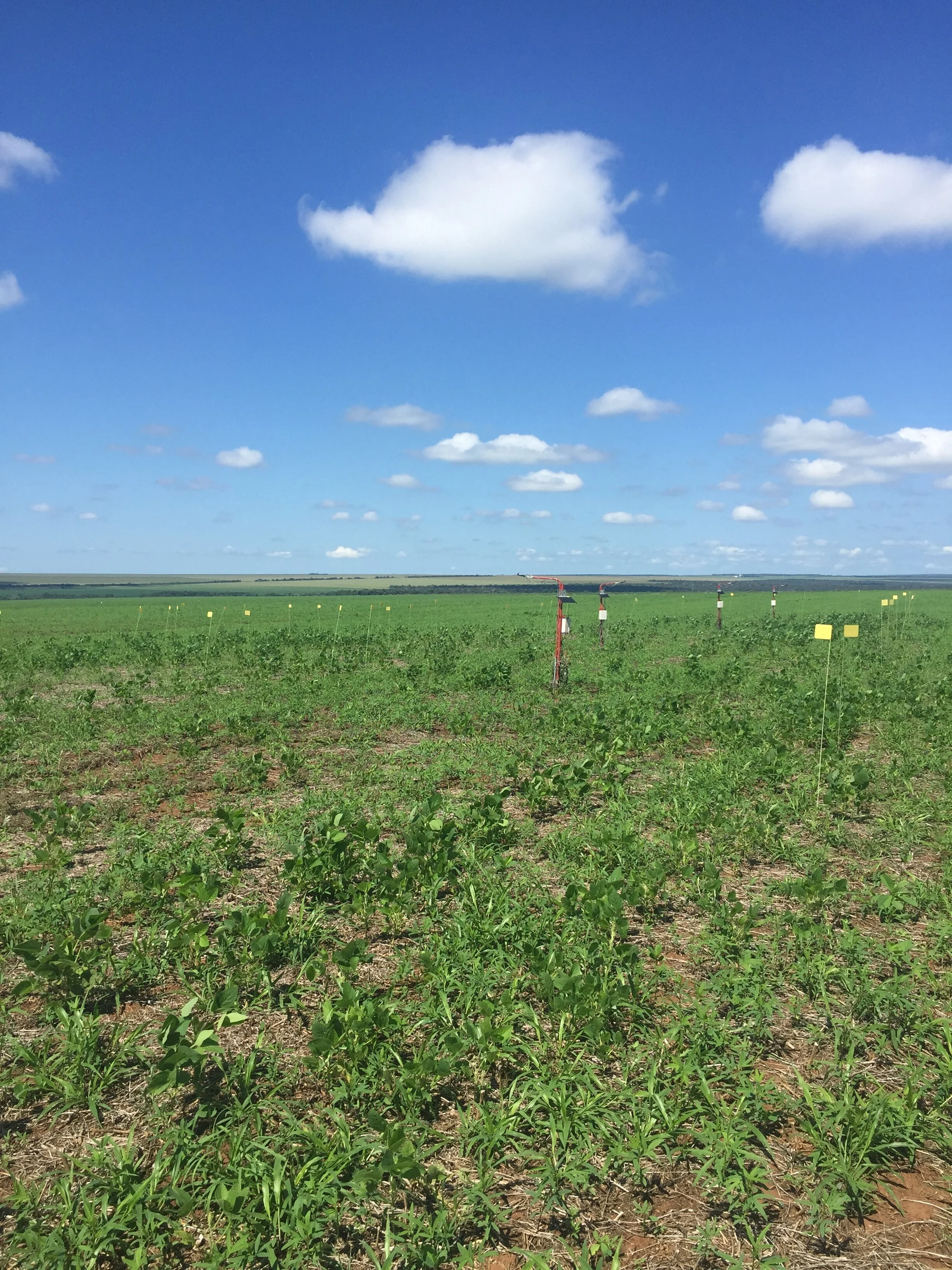
Agricultural Water Innovations in the Tropics (AgWIT)
AgWIT was funded through the Water JPI 2016 Joint Call for Transnational Collaborative Research Projects of the ERA-NET Cofund of the Water Joint Programming Initiative (Water JPI) and the Joint Programming Initiative on Agriculture, Food Security and Climate Change (FACCE-JPI) of the European Union and partner countries. The project will run May 2017 - April 2020.
The Agricultural Water Innovations in the Tropics (AgWIT) partnership will test strategies to lower agricultural impacts on water resources while improving the resiliency of tropical agricultural systems to climate change. AgWIT will use a unique network of tropical agricultural water observatories to quantify water footprints and carbon footprints for crops under standard and alternative management practices.
AgWIT will test alternative management practices with the goal of increasing agricultural water use efficiency, enhancing soil carbon sequestration, and improving the water quality of tropical agricultural systems. AgWIT will then assess water management decision pathways for rainfed and irrigated crops under current and future climatic conditions.
Research projects
Evaluating the carbon, water and energy fluxes of alternative soil management strategies in the Brazilian Cerrado
This project seeks to contribute to the advancement of knowledge of the carbon, water and energy budgets in the Cerrado region. We will also evaluate how soil properties change and plants respond to different treatments using a network of sensors together with eddy covariance measurements. All of these towards a sustainable and resilient agriculture in the Cerrado region, which is a hub for agribusiness.
Lead collaborator: Brenda D’Acunha
Land-atmosphere coupling in tropical climate
We are developing a new evapotranspiration model to test whether evapotranspiration is reduced or enhanced depending on various combinations of surficial and atmospheric conditions. This model makes it possible to interpret evapotranspiration as part of the land atmosphere equilibrating process. This new interpretation can contribute to reducing water footprints in tropical agriculture.
Lead collaborator: Yeonuk Kim
AgWIT Consortium
PI: Monica García
Technical University of Denmark
Funding agency: IFD, Denmark
PI: Steve Lyon
Stockholm University
Funding agency: FORMAS, Sweden
PI: Chih-Hsin Cheng
National Taiwan University
Funding agency: MOST, Taiwan
PI: Mark Johnson (Coordinator)
University of British Columbia
Funding agency: NSERC, Canada
PI: Susan Trumbore
Max Planck Institute for Biogeochemistry
Funding agency: BMEL, Germany
PI: Paulo Brando
Instituto de Pesquisa Ambiental da Amazônia
Funding agency: IDRC, Brazil
Universidad Nacional de Costa Rica - HIDROCEC
Funding agency: IDRC, Costa Rica





